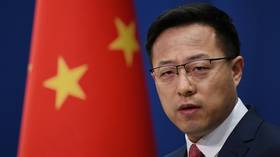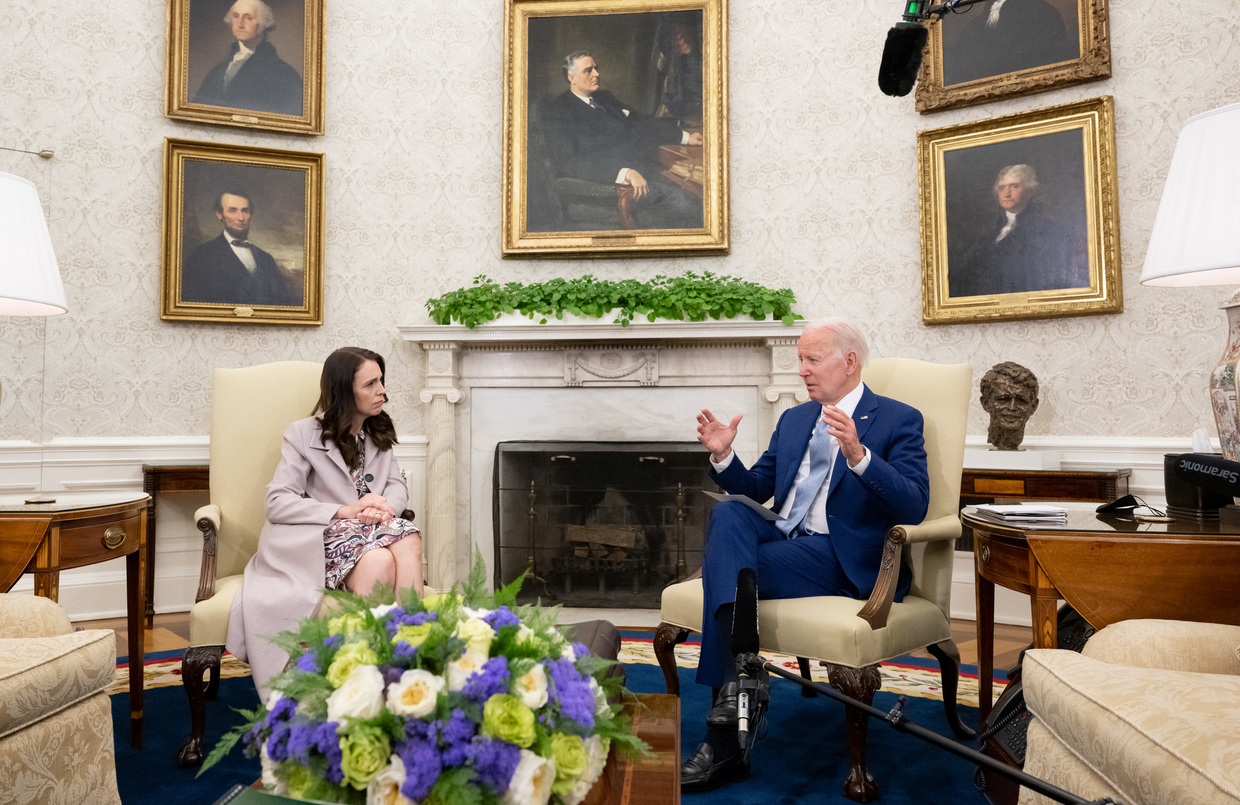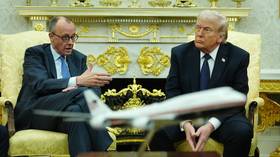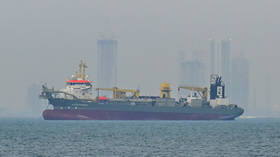China angered by US and its ally

China has slammed recent comments made by US President Joe Biden and New Zealand Prime Minister Jacinda Ardern regarding Beijing’s increased activity in the Pacific region, calling it a gross interference in China’s internal affairs.
Biden and Ardern met on Tuesday in Washington, where they released a joint statement expressing shared concerns over Beijing’s recent security agreement with the Solomon Islands.
“The establishment of a persistent military presence in the Pacific by a state that does not share our values or security interests would fundamentally alter the strategic balance of the region and pose national-security concerns to both our countries,” read a statement from the White House.
“We have more work to do on these Pacific islands,” said Biden before his meeting with Ardern, who stated that both the US and New Zealand were strongly aligned in “furthering the Pacific values and the focus that Pacific island leaders have determined for themselves."

China’s Foreign ministry has hit out at these statements, insisting that they smeared China and grossly interfered in Beijing’s internal affairs.
“We have taken note of the relevant joint statement, which distorts the facts and slanders China's regular cooperation with the countries of Oceania,” said Chinese Foreign Ministry spokesperson Zhao Lijian, adding that “This is gross interference in the internal affairs of the People’s Republic of China, which we strongly protest.”
The spokesperson stressed that China’s deal with the Solomon Islands will have a positive effect on the peaceful development of Oceania, and that security cooperation between the two countries is not aimed against any other nation. “We don’t intend to build military bases there,” insisted Zhao.
Nevertheless, security ties between the Solomon islands and China have been of particular concern to the US and its Pacific ally Australia, which is located less than 2,000km away from the Solomon islands. Australia’s Prime Minister Scott Morrison has stated that a potential Chinese military base on the islands was a “red line” that would not be tolerated. However, neither he nor Washington have made it clear how they might respond to such a Chinese presence in the region.
Meanwhile, Solomon Island Prime Minister Manasseh Sogavore has told his parliament that opponents of the new security pact with China, who he did not mention by name, have threatened the island nation with a possible invasion. Australia’s PM has denied these claims and insisted that his country will respond “calmly” to the deal.
Last week, Beijing announced that it will increase cooperation with the Solomon islands and “pursue greater collaboration that will deliver on joint interests and commitments,” including regional “peace and security.”
“Under the current circumstance of unilateralism and hegemonic bullying, China is willing to consolidate unity and cooperation with developing countries including Samoa, jointly safeguard the legitimate rights of developing nations, and insist on true multilateralism,” said Chinese Foreign Minister Wang Yi on Saturday.
Wang is currently on a diplomatic tour of the Pacific region as China has been attempting to increase its economic and security cooperation in the region. Beijing has proposed several wide-ranging deals to a number of Pacific island nations, however, many have remained cautious, citing concerns that China’s active presence in the region could lead to geopolitical tensions with the US and its allies.













